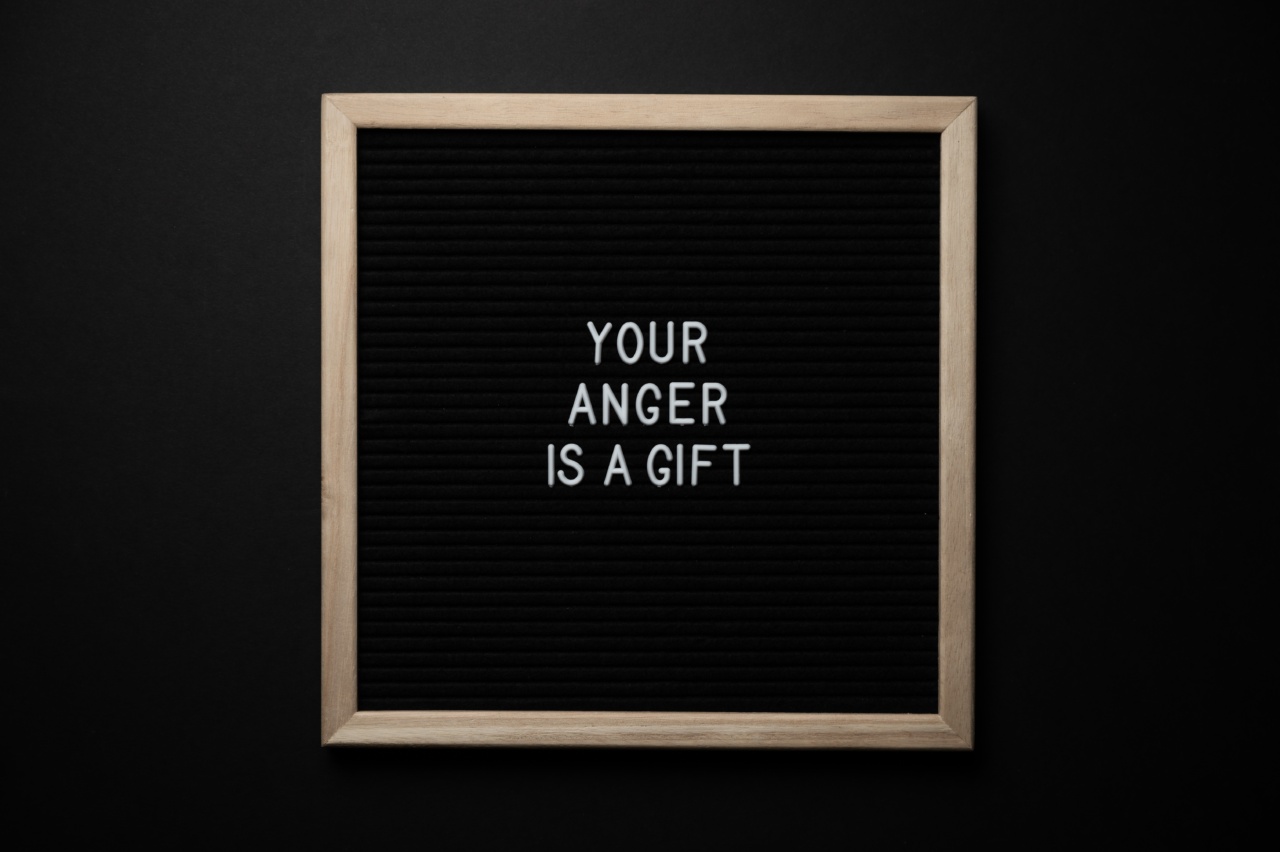For dog owners, ensuring their pets’ health and well-being is of utmost importance. One common issue that many dog owners face is their furry friend’s overeating habits.
Just like humans, dogs can also struggle with portion control and may indulge in excessive eating, leading to various health problems like obesity, diabetes, and gastrointestinal issues. If you’re worried about your dog’s overeating tendencies, fret not! Here are some effective strategies to help you put a stop to your dog’s overeating habits.
1. Consult with a Veterinarian
Before implementing any changes to your dog’s diet or feeding routine, it’s advisable to consult with a veterinarian.
A vet can assess your dog’s overall health condition, determine if there are any underlying medical issues contributing to the overeating, and provide valuable guidance on how to proceed.
2. Feed Adequate Portions
It’s crucial to measure your dog’s food accurately to prevent overeating. Consult the food packaging or your vet to determine the appropriate portion size for your dog’s breed, age, and weight.
Use a measuring cup or a kitchen scale to ensure you’re providing the correct amount of food at each meal.
3. Create a Feeding Schedule
Establishing a consistent feeding schedule can help regulate your dog’s eating habits. Dividing their daily food intake into multiple small meals throughout the day instead of leaving food out all the time can prevent overeating.
Stick to a routine and avoid deviating from it too frequently.
4. Avoid Free Feeding
Leaving food out for your dog all day encourages constant snacking and overeating. Instead of free feeding, offer food during designated meal times and pick up any leftovers after a certain period.
This approach allows you to have better control over your dog’s food intake.
5. Use Interactive Feeders or Slow Feeding Bowls
Interactive feeders and slow feeding bowls are designed to make mealtime more engaging and slow down your dog’s eating pace.
These specialized bowls have obstacles or patterns that require dogs to work around, preventing them from gulping down their food too quickly. Slowing down the eating process can help your dog feel fuller with less food.
6. Provide Regular Exercise
Lack of physical activity can contribute to your dog’s overeating tendencies. Regular exercise not only keeps them physically fit but also helps burn excess calories.
Engage in activities that suit your dog’s age, breed, and energy level, such as daily walks, runs, or interactive play sessions.
7. Minimize Treats and Table Scraps
Treats and table scraps often contain high amounts of calories and can quickly add up.
Limit the number of treats you give your dog and opt for healthier options such as small pieces of fruits, vegetables, or specialized dog treats designed for weight management. Avoid feeding them from the dining table as this can encourage begging and overeating.
8. Monitor Their Environment
Keep an eye on your dog’s surroundings during mealtime. Ensure that there are no other pets or individuals around who might disturb or distract them while eating.
A calm and quiet environment allows your dog to focus on their meal and helps prevent overeating as a result of stress or competition.
9. Consider Puzzle Toys
Puzzle toys provide mental stimulation while also incorporating treats or food. These toys encourage dogs to work for their food and slow down the eating process.
As they engage with the puzzle toy, they get rewarded with small amounts of food, making mealtime more enjoyable and preventing overeating.
10. Regular Monitoring and Adjustments
Keep an eye on your dog’s weight and body condition regularly. If you notice any changes, consult with your vet about potential adjustments to their diet.
Weight management may require alterations to portion sizes or switching to a specialized weight control dog food.
By following these strategies consistently, you can help put a stop to your dog’s overeating habits and promote a healthier lifestyle for your canine companion. Remember, patience and consistency are key to achieving the desired results!.































